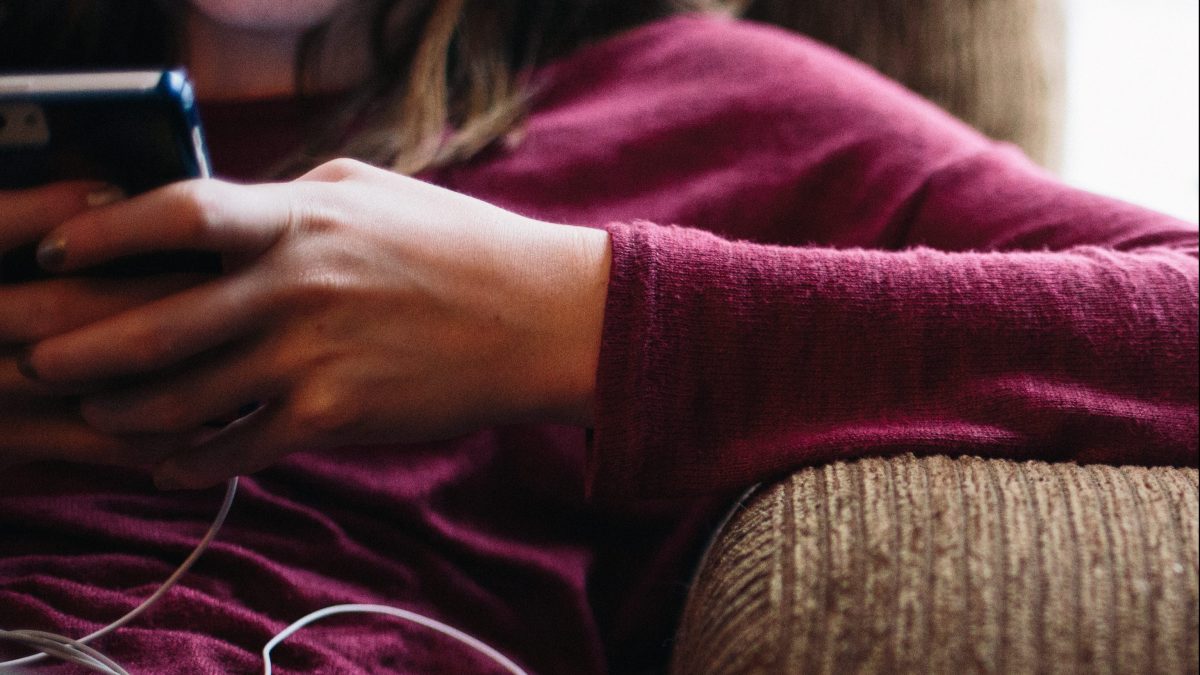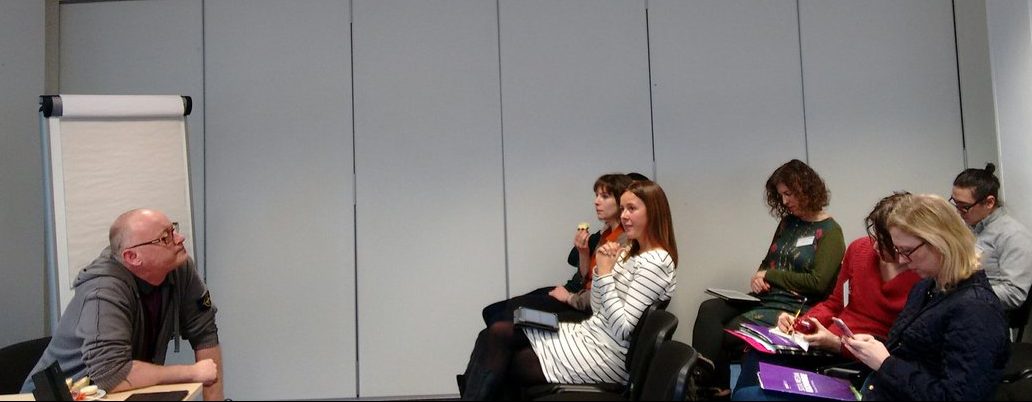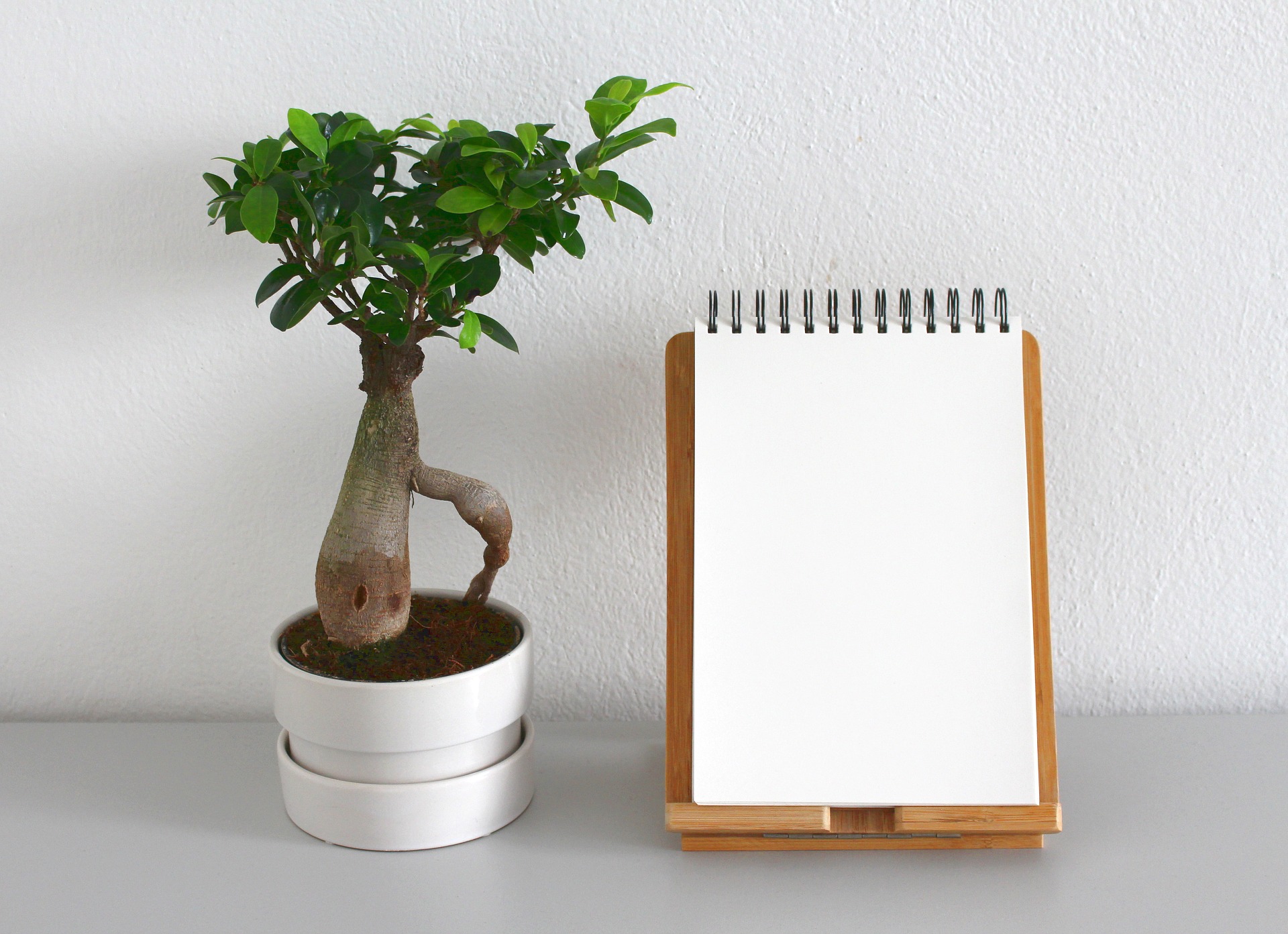Sharing on social media: With great power…
‘Families of Westminster attack victims found out fate through pictures online’ reads one of the headlines from the Guardian today. The story explains how the families of Kurt Cochran, who was killed in the Westminster terror attack, and his wife Melissa, who was badly injured, found out they had been hurt when they recognised them in photographs posted online.
Just imagine that for one moment. You hear of a tragedy in a city thousands of miles away – a city where your daughter and her husband are spending time – and go online to see what’s happening. What goes through your mind when you see a photograph of your daughter, injured and on the ground?
Social media has made broadcasters of us all. Whether you have a few hundred, or a few million, followers, your posts appear on someone’s computer, on someone’s phone, somewhere in the world. That reach can be pretty powerful and as the saying goes, with great power comes great responsibility. As the events of last Wednesday unfolded, the images being shared online became increasingly shocking; perhaps more so once the full extent of the horrors became known.
I saw people on my timeline urging caution but still the pictures and video kept coming. And then some of the mainstream media followed. I’m not going to share the images some organisations posted on social media, or used as page leads on Thursday but I will say this:
The race to be the first to break a story, to share a previously unseen image is becoming something of a race to the bottom. To the sorts of depths where decency and compassion are sadly absent.
Would my understanding of what happened in Westminster on Wednesday have been hampered by not seeing, in full colour, the aftermath? Was the ‘scoop’ worth inflicting further suffering on families like the Cochrans? What about the woman who became a target for trolls after a photo appeared to show her ‘uncaringly’ walking past the scene? Some images can’t be unseen, while others simply aren’t what they seem.
When I talk to young people about social media I suggest they don’t post anything they wouldn’t want to be displayed on a banner outside their house, or that they’d rather not explain to their Gran. You’d hope adults wouldn’t need a similar steer, but based on this week’s evidence, I’m not sure. This isn’t about censorship, or being over-sensitive. It’s about compassion.
Everyone we talk to online, everyone we comment on, either upfront or behind their backs (if you’re like that) is someone’s child, possibly someone’s parent or sibling. Free speech is one of the tenets of our society, but the right to speak freely isn’t without its consequences, as Melissa Cochran’s mother reminds us:
I’m sure you will understand it was heart-wrenching to see this picture of her.
Tags In
Categories
- Content Creation (3)
- Events (6)
- Freelance Life (5)
- Guest Post (1)
- Media Relations (2)
- Social Media (11)
- Storytelling (8)
- Tips & tricks (9)
- Volunteering (5)




